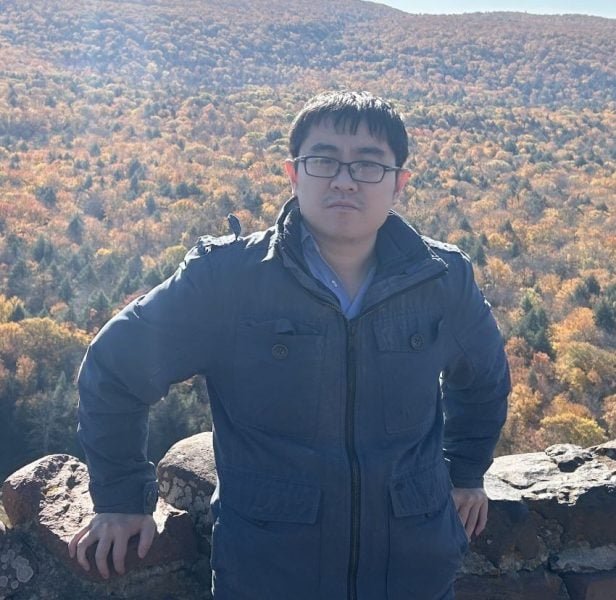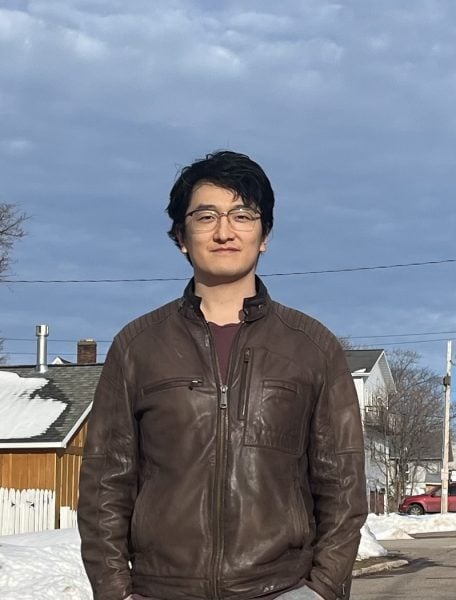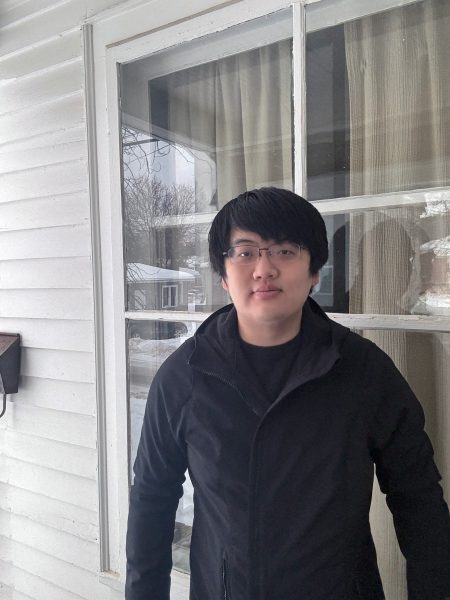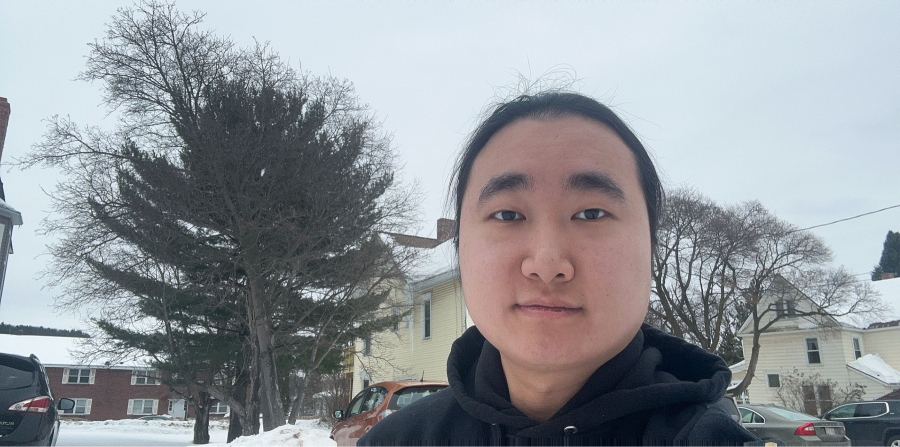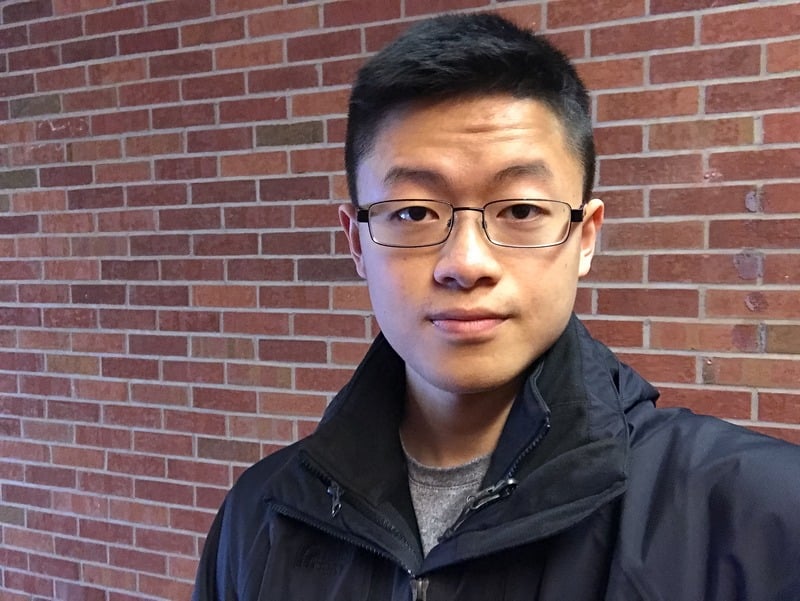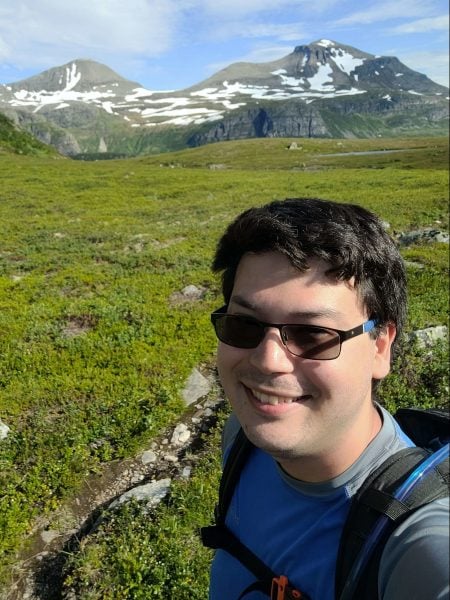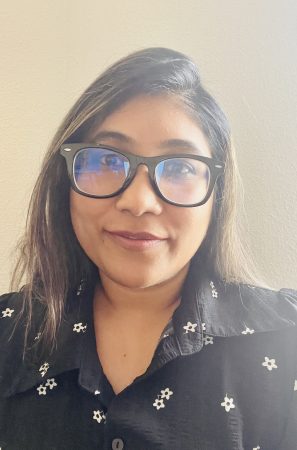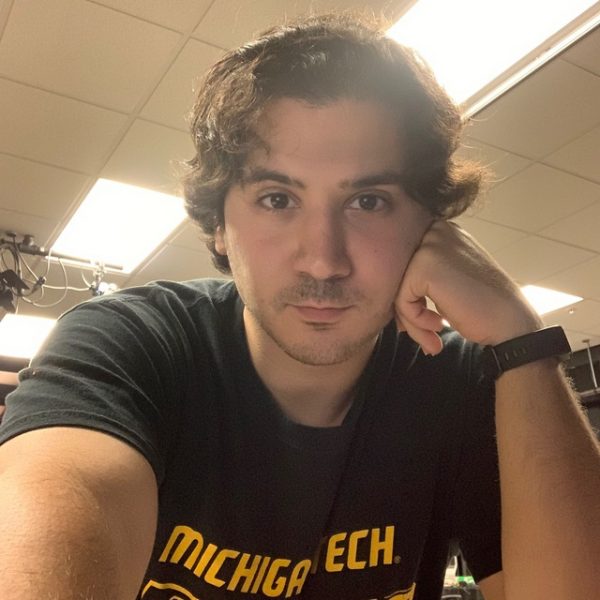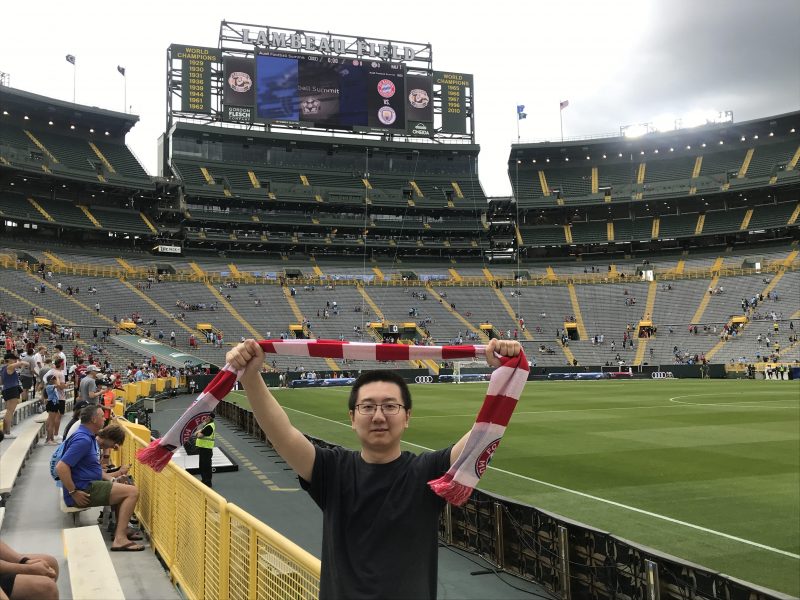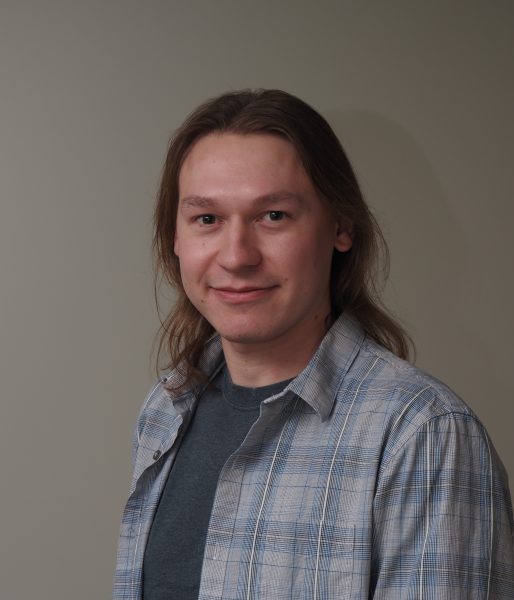
I am a PhD student in the Department of Computer Science under the advisement of Dr. Soner Onder. My primary research focuses on microarchitectural memory optimization techniques and, more broadly, computer architecture. In addition to my research, I have had numerous opportunities to teach courses within the Computer Science Department, including Introduction to Programming and Systems Programming. These experiences have helped me grow not only as an instructor, but also as a researcher.
I would like to thank the Computer Science Department for the many teaching opportunities provided over the years. I am also grateful to everyone who has contributed to my development as an instructor, including my advisor, fellow PhD colleagues, and of course the many students I have had in my classes. Finally, I would like to thank the Department and Michigan Tech for the opportunity to represent the university in the MAGS competition.
